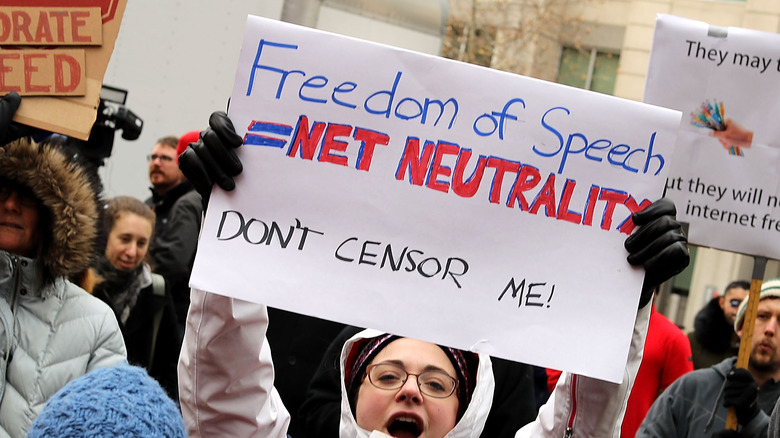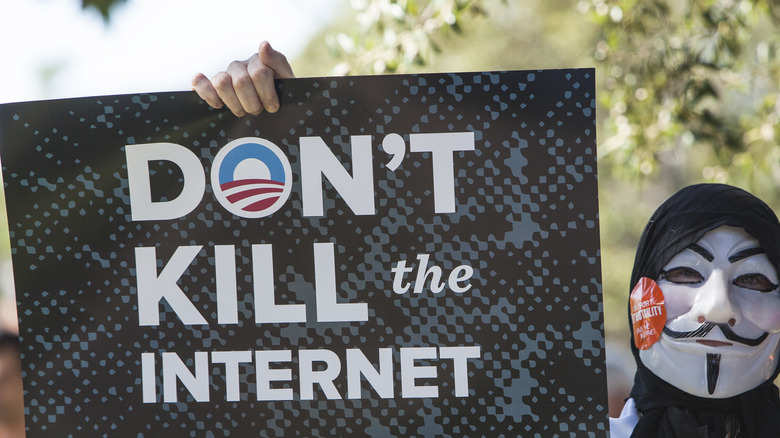The FCC Has Big Plans To Restore Net Neutrality
The U.S. Federal Communications Commission is looking to restore the regulations that would level the playing field for internet service providers and pave the way for a fair and open internet. According to the proposals championed by FCC Chairperson Jessica Rosenworcel, wired and mobile data service providers such as Comcast, Verizon, and AT&T should be treated in the same fashion as telephone services or those governing water and power access, all of which fall in the category of essential services.
At the center of the proposal is the idea that internet access should be fair, safe, secure, and standardized — a goal collectively referred to as net neutrality. One of the core tenets is to ensure that an internet service provider shouldn't control what websites we can visit, how fast or slow the data pipeline is, and whether compromises are being made on security. As part of the openness proposals, the FCC wants to prevent internet service providers from "blocking legal content, throttling your speeds, and creating fast lanes that favor those who can pay for access."
The FCC seeks to reinstate the Obama-era net neutrality rules that were pulled by the Trump administration. Internet service providers likely won't take the proposal kindly as they have spent years — and lots of money — to push against the aforementioned proposals. But the FCC's proposals, in the long run, also aim to address robocalls, spam texts, and internet outages, among others.
The fight for a fair internet
While the FCC's draft proposal is ambitious in its scope and slots just fine with the Biden administration's plans to offer fast and affordable broadband internet access across the country, the implementation would be anything but. A vote will be conducted next month ahead of taking public recommendations on the draft before the agency hard-codes the proposals into final rules. The FCC seeks to push ISPs under the aegis of Title II of the Communications Act of 1934, giving it powers to legally prevent activities such as website blocking, routing traffic through faster or slower lanes to their own benefit, and skewing the flow of information on the internet.
"The internet needs to be open," Rosenworcel said at a press conference, referring to the phenomenon of traffic manipulation, access slowdowns, and similar objectionable tactics. In an official press statement, the FCC chief also raised the issue of privacy, adding that the onus of protecting customer information falls on the telecom service providers. "These providers cannot sell your location data, among other sensitive information," she claims, adding that broadband players shouldn't be able to know about users' whereabouts or hawk their data to train AI models.
Industry players, however, aren't too happy with the proposal. "Treating broadband as a Title II utility is a dangerous and costly solution in search of a problem," says Jonathan Spalter, President & CEO of USTelecom, pointing out that the future of an open internet hangs in the balance.

